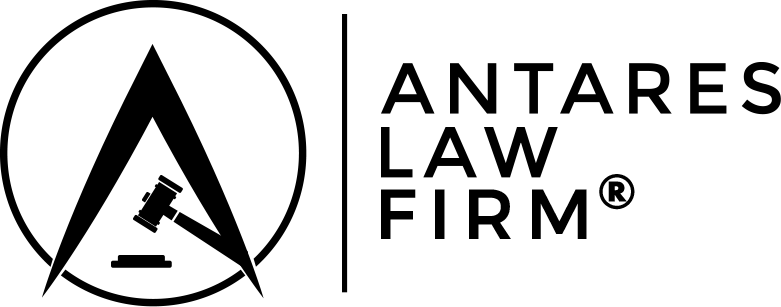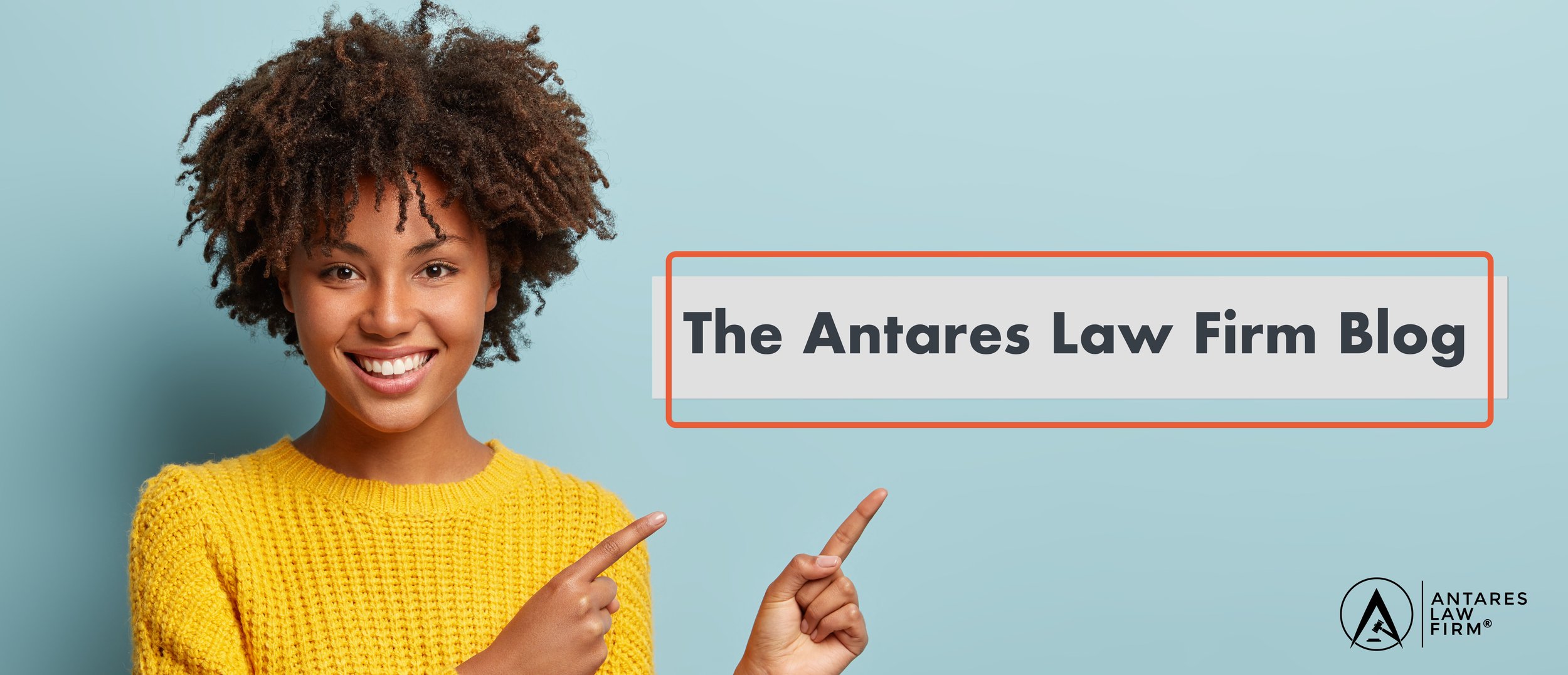The 3 Essential Elements in an UDRP Complaint
You are a trademark owner, and you recently discovered that a third party is using a domain name containing your mark. What can you do? After all, domain names are essentially digital addresses in an ever growing virtual marketplace (the internet). You may consider filing an Uniform Domain Name Dispute Resolution Policy (UDRP) complaint. An UDRP complaint is a good alternative to filing a lawsuit, it is a fast moving administrative process that allows a successful complainant to obtain an infringing domain name from an encroaching party. Roughly 90% of all UDRP complaints are decided in favor of the complainant currently. As a complainant, however, you must meet three criteria to prevail.
The domain name is identical or confusingly similar to a trademark or service mark in which the complainant has rights
First and foremost, a complainant must provide evidence that the complainant owns the trademark contained in the domain name at issue. The most effective method is to produce a trademark registration of the mark. Trademark rights may be established through common law rights under the UDRP’s criteria. It is possible to rely on unregistered or common law trademark rights, as long as there is solid and specific evidence demonstrating that the term has given rise to distinctiveness or secondary meaning associated with the complainant. If the asserted unregistered trademark consists solely of descriptive terms which are not inherently distinctive, such as “Hot Coffee” or “Blue Sky”, there is a greater onus on complainants to present concrete and convincing evidence of acquired distinctiveness or secondary meaning rather than conclusory allegations.
Second, the complainant will need to demonstrate that the respondent is using a domain name that is identical or confusingly similar to its mark. The respondent's domain will be compared against the complainant's trademarks to determine the extent of similarities.
2. The registrant does not have any rights or legitimate interests in the domain name
The UDRP Policy provides that the complaint must satisfy that the registrant bears no rights or legitimate internet in the domain name. Legitimate interests in the domain name may include non-commercial use, prior use as a mark before registration, and use of the mark to sell genuine goods.
Anastasia International Inc. v. Domains by Proxy Inc./rumen kadiev, a case before the WIPO Arbitration and Mediation Center, provides an interesting example of this second element. The respondent in that case created the domain <Anastasia-international.Info>. The purpose of its creation was to criticize the complainant's business malpractices and make it known to other consumers. The UDRP panel found that respondent was making a legitimate noncommercial or fair use of the domain name website. The respondent in that case had a right to free speech and a legitimate right to host a complaint site about the complainant on the internet. The complaint had, therefore, failed to demonstrate that the respondent did not have any rights or legitimate interests in the domain name required under the ICANN Policy. The Panel denied the complaint.
3. The domain name has been registered and is being used in "bad faith"
Finally, a complainant must demonstrate that the domain name has been registered and is being used in bad faith by the registrant. The UDRP considers the following elements as a show of bad faith: attempts to sell domain name; passive holding (occurs when domain name at issue does not direct to any active website); click through or pay for click advertising (where the registrant’s website features links to various third-party websites, which are often in the same category of goods or services of the trademark owner); typosquatting (the registrant’s website is a common misspelling of a trademark); repeat or serial cybersquatting; etc.
A landmark UDRP dispute demonstrating bad faith was Wal-Mart Stores, Inc. v. Richard MacLeod d/b/a For Sale. The respondent in that case used the domain intentionally in attempts to extort money from the complainant. The panel held the respondent’s action as an act of bad faith and granted transfer of the domain name to the complainant.
ConsiderationS
Whether you intend to file an UDRP Complaint or you are responding to an UDRP complaint, you should consider hiring a legal team with experience in the UDRP process. The Antares Law Firm represents clients who are both filing and responding to UDRP complaints. Schedule a discovery call today.
— Laila Ghauri, Esq., Trademark and Internet Lawyer, Antares Law Firm




